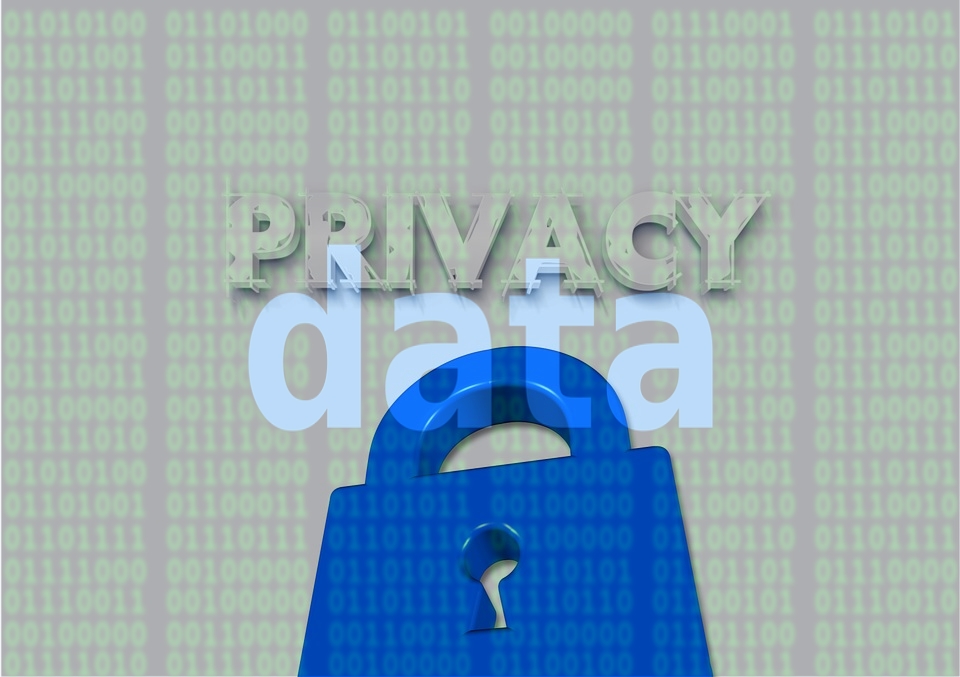Technology changes so rapidly that the rest of the world is always playing catch up. Particularly, the rules/laws are sometimes playing catch-up. The privacy laws, for example, are still trying to adjust to allow for technological solutions that have the potential to change the health sector. Privacy of our health data is a concern and there needs to be measures put in place to control the data to make sure privacy is managed.
Wearable devices have been working towards HIPAA compliance in order to fully that advantage of the capabilities it has to offer. With the abundance of health data that is being collected from the users growing exponentially, there might be security concerns. The Health Insurance Portability and Accountability Act of 1996 (HIPAA), PublicLaw 104-191, was enacted on August 21, 1996. Sections 261 through 264 of HIPAA require the Secretary of HHS to publicize standards for the electronic exchange, privacy and security of health information.
http://brightersight.ca/eds-blog/index.php/2018/08/16/hipaa-compliant-wearables/
Despite the risk of the lack of privacy in wearable devices, recent data suggests that people are willing to use wearables for health benefits and overlook the privacy concerns. Check out the results of a recent survey that was conducted which supports the claim that people are indeed using wearable for health data despite privacy risk.
Read more here:
Source: Despite Patient Privacy Risks, More People Use Wearables for Health
On a related note:
In Alberta Canada, we have the Personal Information Protection Act
https://www.oipc.ab.ca/media/383666/guide_for_businesses_on_pipa_nov2008.pdf
At the federal level in Canada, we have Canada’s Personal Information Protection and Electronic Documents Act (PIPEDA)
https://www.loc.gov/law/help/online-privacy-law/2017/canada.php
